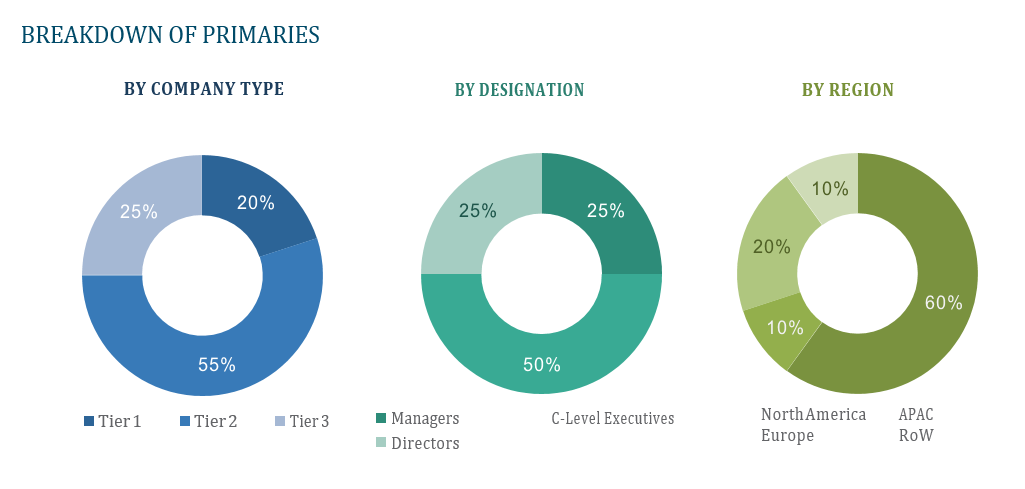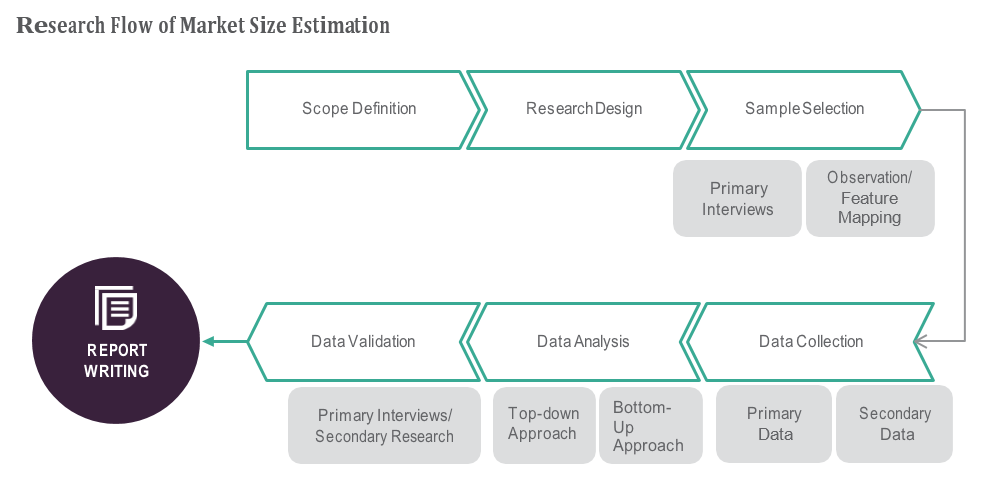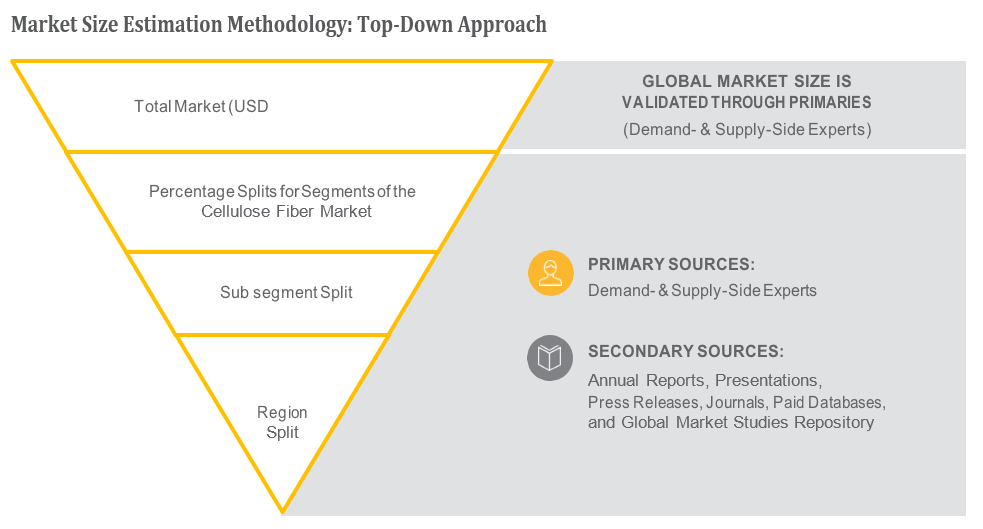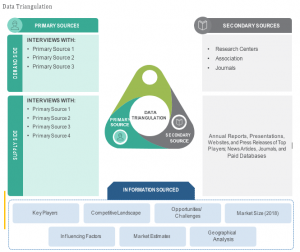OVERVIEW
Research by Global Market Studies has reported a CAGR of 10.27% for the Data Centre Accelerator Market, expecting to expand to a value of USD 10.48 billion by 2028.
The Data Center Accelerator Market refers to the industry that produces and provides hardware and software solutions designed to enhance the performance and efficiency of data centers. Data centers are facilities that house a large number of computer servers and associated equipment for the purpose of storing, processing, and distributing data and applications.
Data centers use accelerators for AI and ML tasks, high-performance computing, network acceleration, storage acceleration, security, virtualization, content delivery and edge computing, data analytics, quantum computing, and cloud services to improve performance and efficiency. Accelerators enhance data transfer, storage, security, virtualization, content delivery, edge computing, data analytics, quantum computing, and cloud services.
Market Dynamics
Drivers:
The growth of AI, ML, and HPC workloads has led to a need for faster processing capabilities in data centers. Accelerators help process and analyze large datasets more quickly, reducing energy consumption and operational costs. They are also useful in real-time applications like analytics, autonomous vehicles, and video streaming, which demand low-latency processing.
Accelerators support cloud computing and edge computing by enhancing processing speeds and optimizing data flows. Hardware advancements, such as GPUs, FPGAs, and ASICs, offer opportunities for designing specialized accelerators that cater to specific workloads more effectively. As quantum computing gains traction, specialized accelerators are being developed to handle quantum workloads efficiently.
Opportunities:
GPUs, originally designed for graphics rendering, are now widely used as general-purpose accelerators for parallel processing tasks, particularly in AI, ML, and HPC workloads. Field-Programmable Gate Arrays (FPGAs) offer lower latency and power consumption compared to CPUs and GPUs, making them suitable for real-time analytics and network acceleration. Application-Specific Integrated Circuits (ASICs) provide high performance and energy efficiency for specific tasks, making them ideal for data center acceleration. Data Processing Units (DPUs) combine networking and acceleration capabilities, offloading tasks like security, network optimization, and data compression from the CPU. Smart Network Interface Cards (Smart NICs) combine traditional NIC functions with programmable acceleration capabilities, enhancing data center performance and network efficiency.
Storage accelerators optimize storage operations, improving system efficiency and reducing latency. AI-optimized hardware, such as tensor processing units (TPUs) and neural processing units (NPUs), provides dedicated hardware for efficient AI computation. Security accelerators enhance encryption, decryption, and other security-related tasks, ensuring data protection and privacy. Virtualization accelerators optimize performance, improving virtualized environments and resource utilization. Quantum accelerators assist in performing quantum calculations more efficiently for emerging workloads. Cloud and Data Center Services provide access to virtual instances with integrated accelerators for various workloads, allowing customers to leverage accelerated resources without owning the hardware.
Restraints:
Specialized accelerators can be costly to develop, purchase, and integrate into existing data center infrastructure, which can deter some organizations, especially smaller ones. Integration complexity can be complex, requiring changes to software and hardware configurations, and requiring specialized expertise.
Vendor lock-in can limit flexibility to switch to alternative solutions or adapt to changing technology trends. Limited versatility may result in underutilization of hardware or the need for multiple types of accelerators for different workloads. The data center accelerator market lacks standardized interfaces and programming models, making it harder to develop software that fully utilizes these accelerators.
Concerns about data privacy and security may arise from offloading certain tasks to accelerators. Additionally, a skill gap in programming and optimization is essential for effectively using accelerators, and a shortage of skilled professionals in this area could limit their widespread adoption.
Regional Information:
North America: The United States, in particular, is a significant player in the data center accelerator market due to its strong technology ecosystem, the presence of major tech companies, and a robust demand for high-performance computing resources.
Europe: Countries like China, Japan, South Korea, and India have been investing heavily in technology infrastructure, contributing to the growth of the data center accelerator market in the region. China, for instance, has a strong focus on AI development and has been driving the adoption of accelerators for AI workloads.
Asia-Pacific: European countries have also shown interest in data center accelerators, with a focus on HPC, AI, and sustainability. Initiatives to develop energy-efficient data centers and support for research in various fields drive the demand for accelerators.
Recent Developments:
• December 2022 – Atos has announced the development of a new solution in collaboration with AWS that allows clients to expedite and properly monitor company key performance indicators (KPIs) by offering simple access to SAP and non-SAP data silos. “Atos’ AWS Data Lake Accelerator for SAP” is a new solution that delivers self-service and enterprise-wide reporting for significant insights into daily changes that swiftly influence choices to drive the bottom line.
• October 2022 – Accenture and Google Cloud announced an expansion of the global partnership, including a renewed commitment to growing their respective talent pools, expanding their joint capabilities, developing new data and AI solutions, and providing enhanced support to help clients build a solid digital core and reinvent their enterprises on the cloud.
Key Players:
Intel Corporation, NVIDIA Corporation, Atos , Accenture , Advanced Micro Devices Inc., Achronix Semiconductor Corporation, and Xilinx Inc.
Frequently Asked Questions
1) What is the projected market value of the Data Centre Accelerator Market?
– The Data Centre Accelerator Market is expected to reach a value of USD 10.48 billion by 2028.
2)What is the estimated CAGR of the Data Centre Accelerator Market over the 2023 to 2028 forecast period?
– The Data Centre Accelerator Market is expected to grow at a CAGR of approximately 10.27% from 2023 to 2028.
3) Who are the key players in the Data Centre Accelerator Market?
– Intel Corporation, NVIDIA Corporation, Atos , Accenture , Advanced Micro Devices Inc., Achronix Semiconductor Corporation, and Xilinx Inc.
4) What are the drivers for the Data Centre Accelerator Market?
– AI, ML, and HPC workloads demand faster processing in data centers, with accelerators supporting cloud computing, edge computing, and quantum computing.
5) What are the restraints and challenges in the Data Centre Accelerator Market?
– Specified accelerators can be costly, complex, and require specialized expertise, limiting flexibility and adaptability. Lack of standardized interfaces, data privacy concerns, and skill gaps may hinder widespread adoption.
6) What are the key applications and offerings of the Data Centre Accelerator Market?
– Accelerators improve data centers’ performance and efficiency by enhancing AI, ML tasks, high-performance computing, network acceleration, storage, security, virtualization, content delivery, data analytics, and cloud services.
7) Which region is expected to drive the market for the forecast period?
– Asia Pacific has the highest value share in the global market and is expected to dominate shares in forecast period.
Why Choose Us?
Insights into Market Trends: Global Market Studies reports provide valuable insights into market trends, including market size, segmentation, growth drivers, and market dynamics. This information helps clients make strategic decisions, such as product development, market positioning, and marketing strategies.
Competitor Analysis: Our reports provide detailed information about competitors, including their market share, product offerings, pricing, and competitive strategies. This data can be used to inform competitive strategies and to identify opportunities for growth and expansion.
Industry Forecasts: Our reports provide industry forecasts, which will inform your business strategies, such as investment decisions, production planning, and workforce planning. These forecasts can help you to prepare for future trends and to take advantage of growth opportunities.
Access to Industry Experts: Our solutions include contributions from industry experts, including analysts, consultants, and subject matter experts. This access to expert insights can be valuable for you to understand the market.
Time and Cost Savings: Our team at Global Market Studies can save you time and reduce the cost of conducting market research by providing comprehensive and up-to-date information in a single report, avoiding the need for additional market research efforts.









